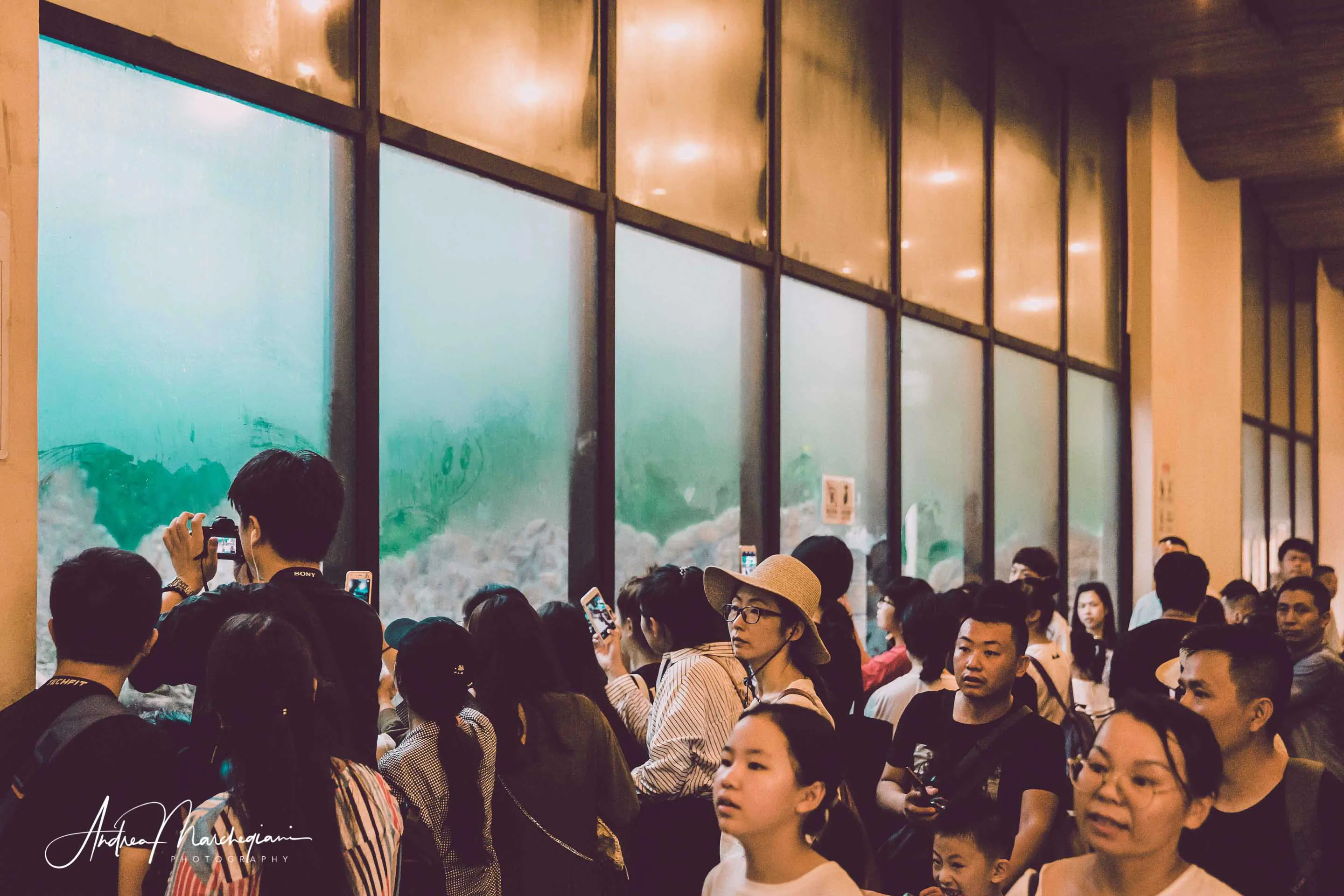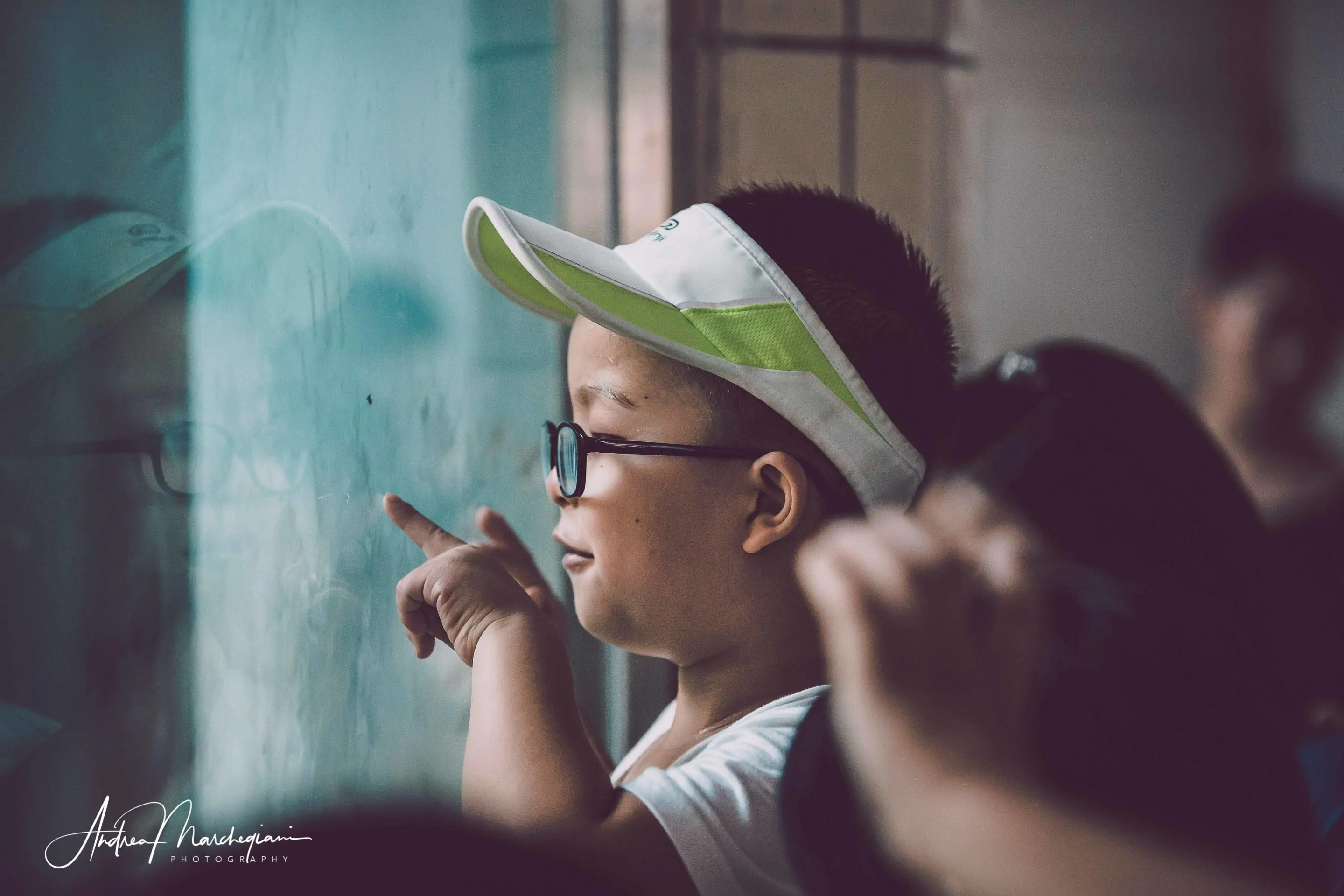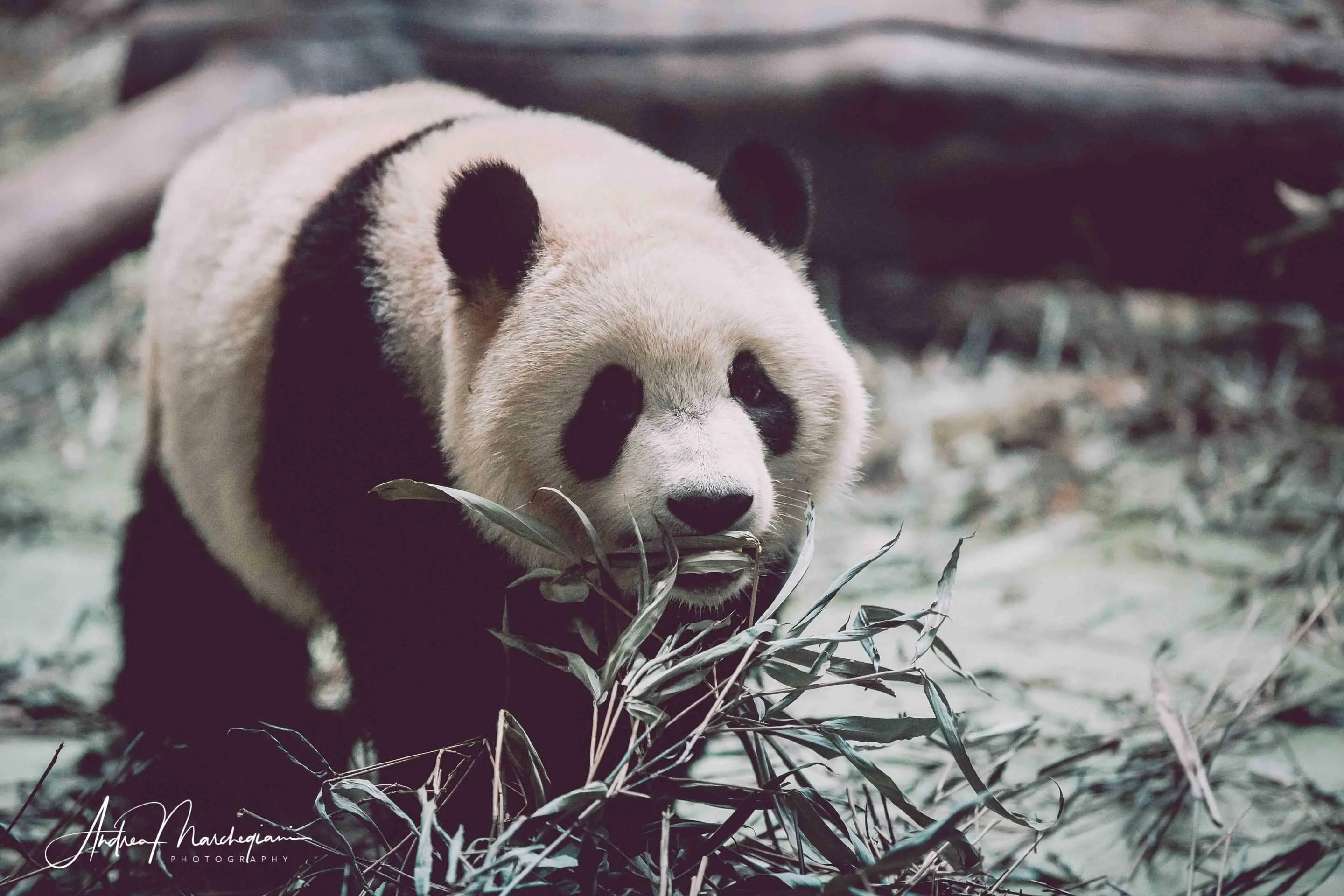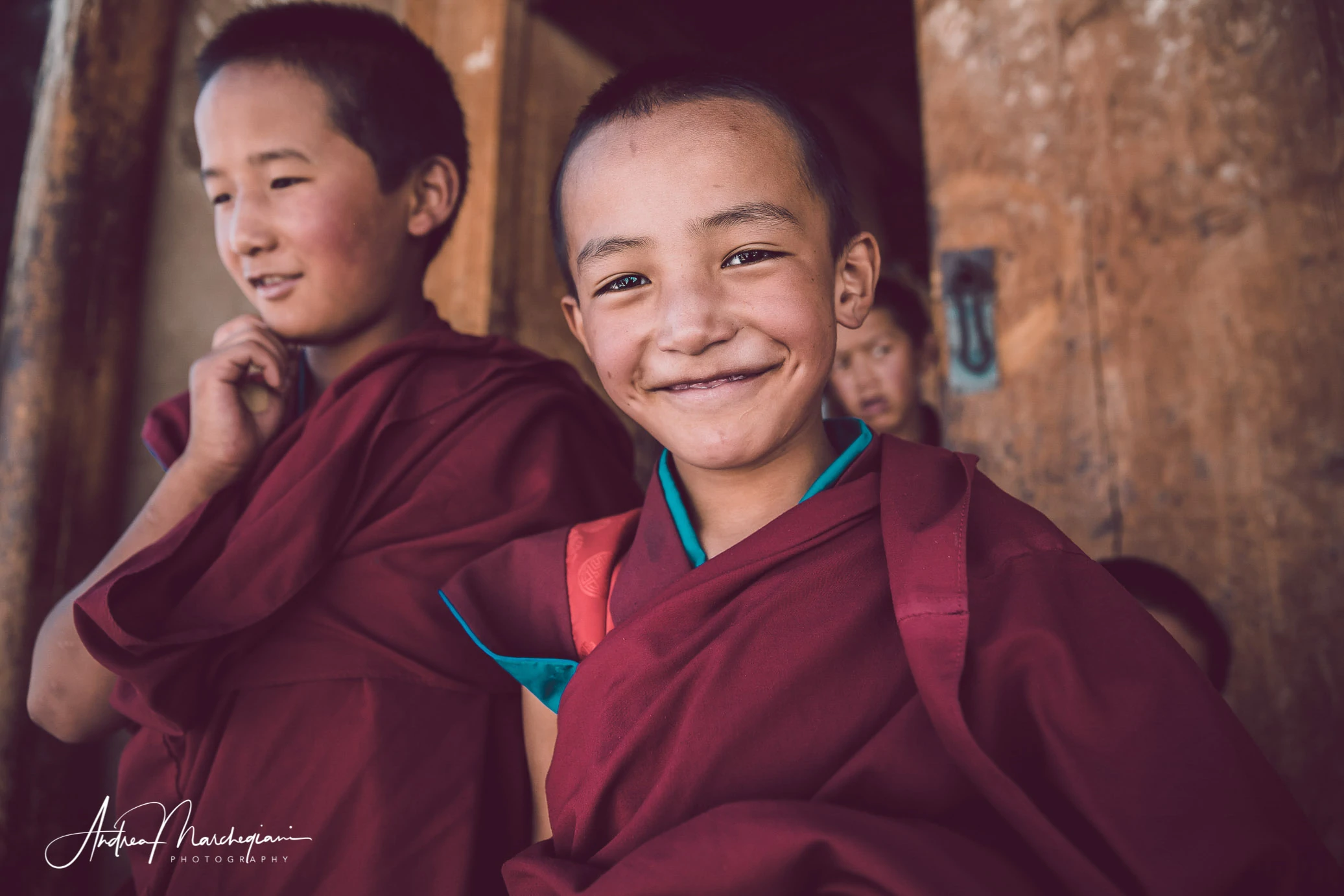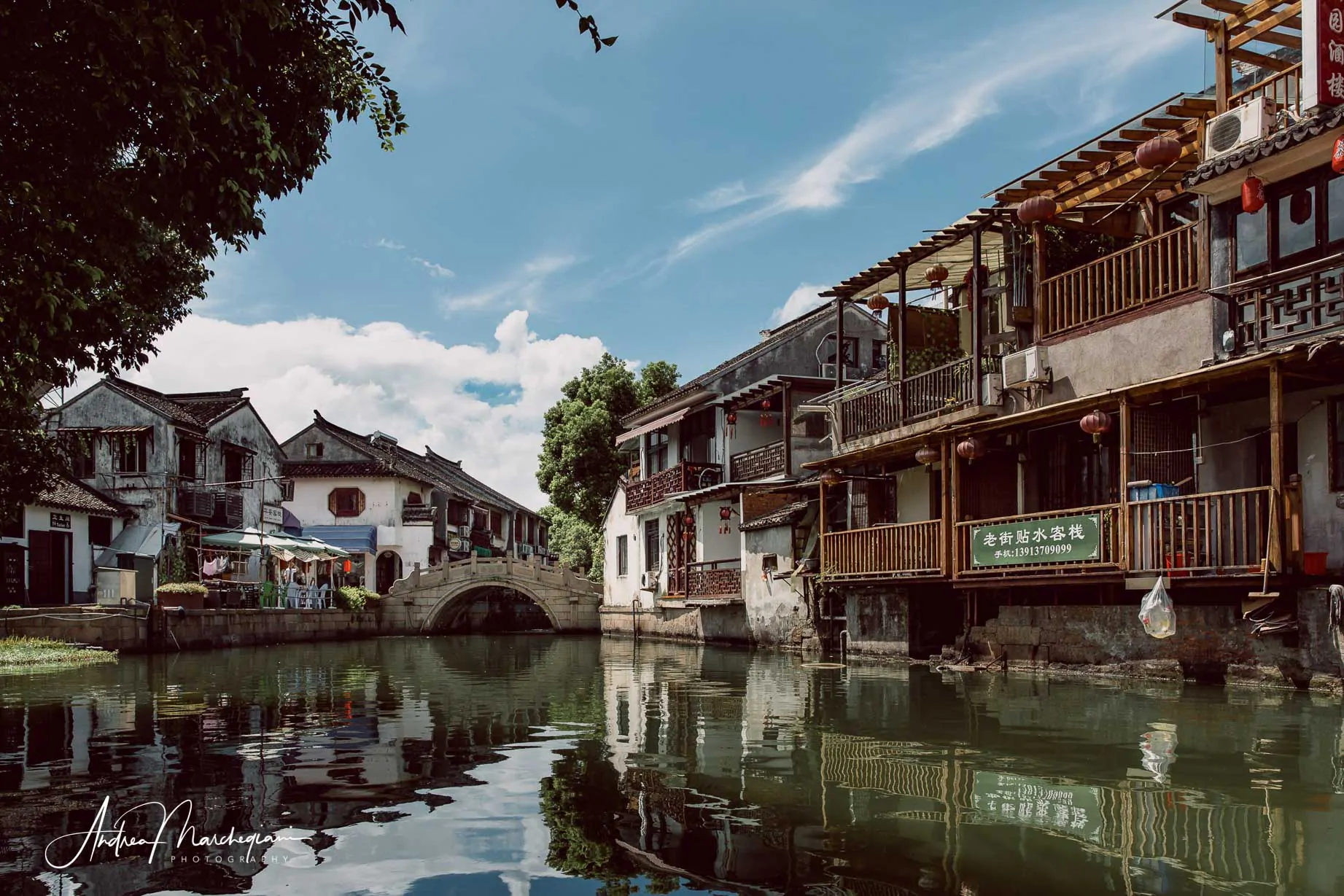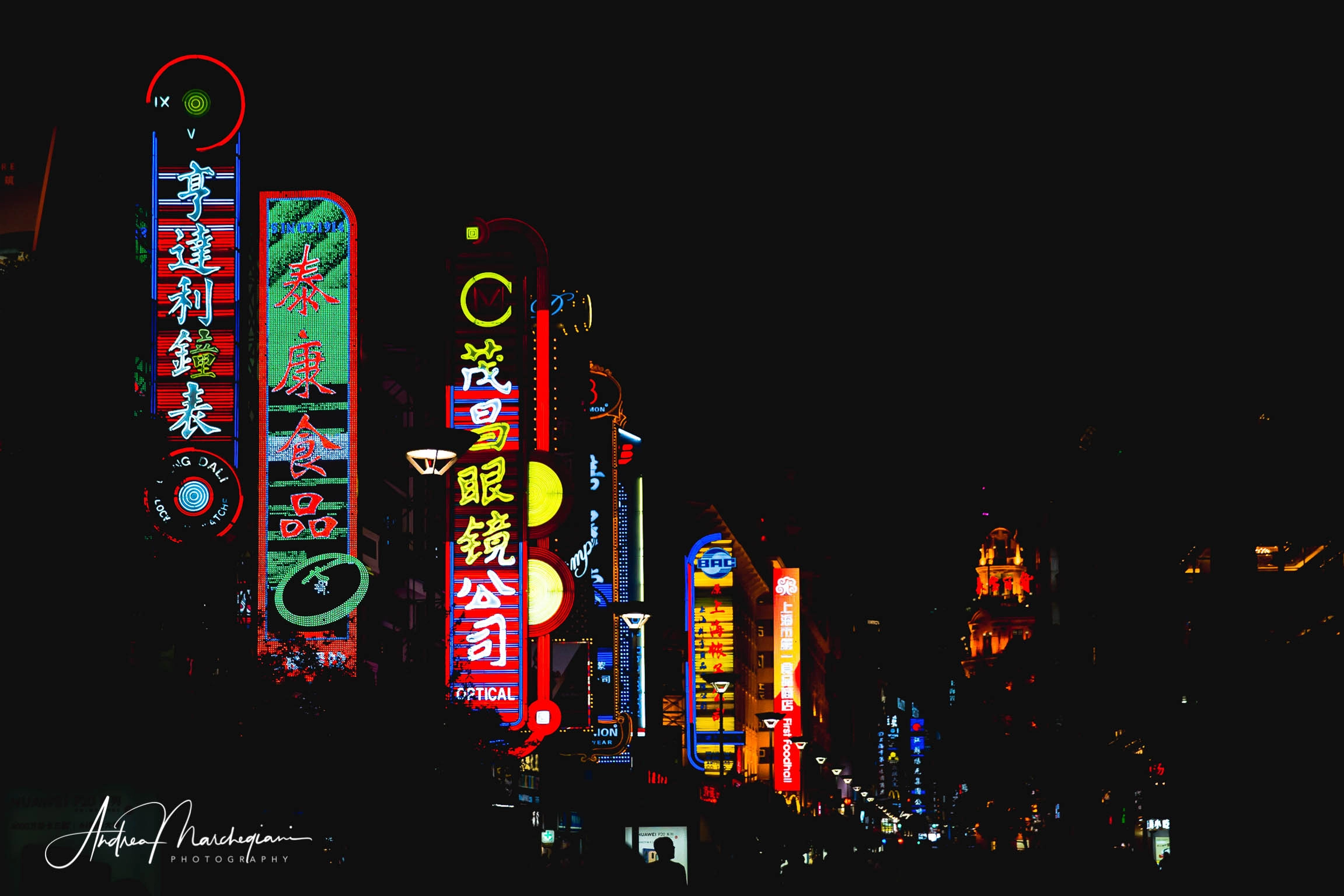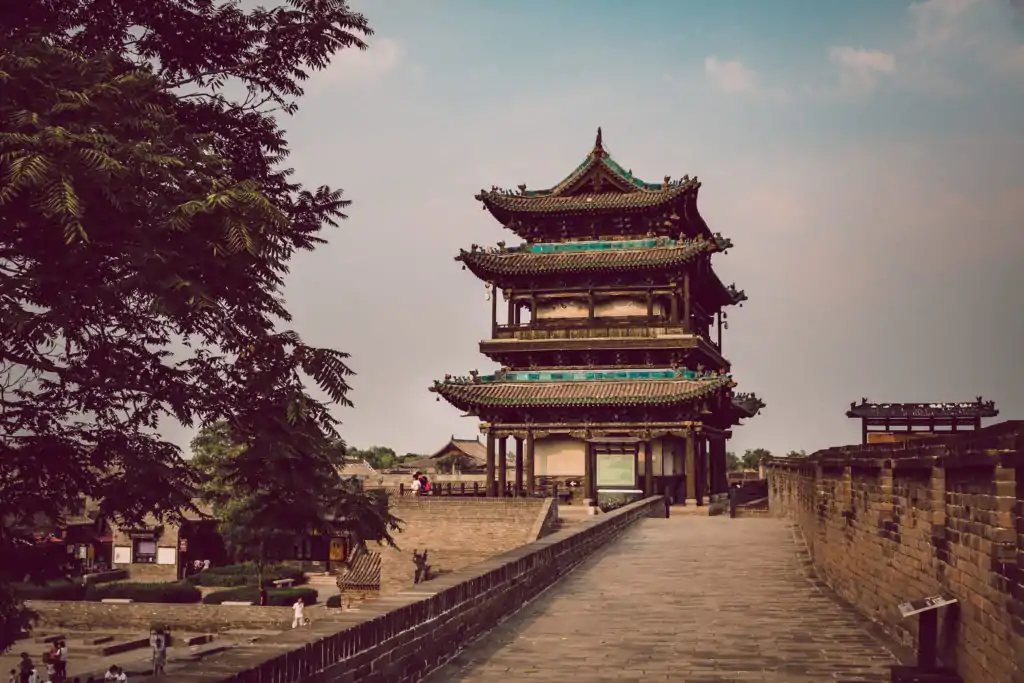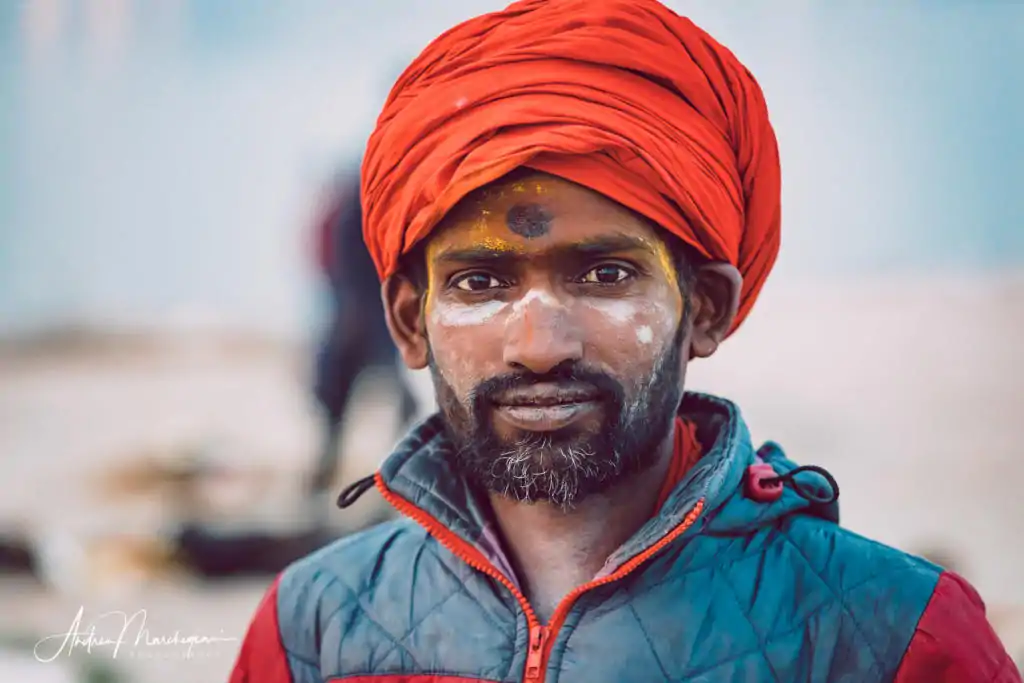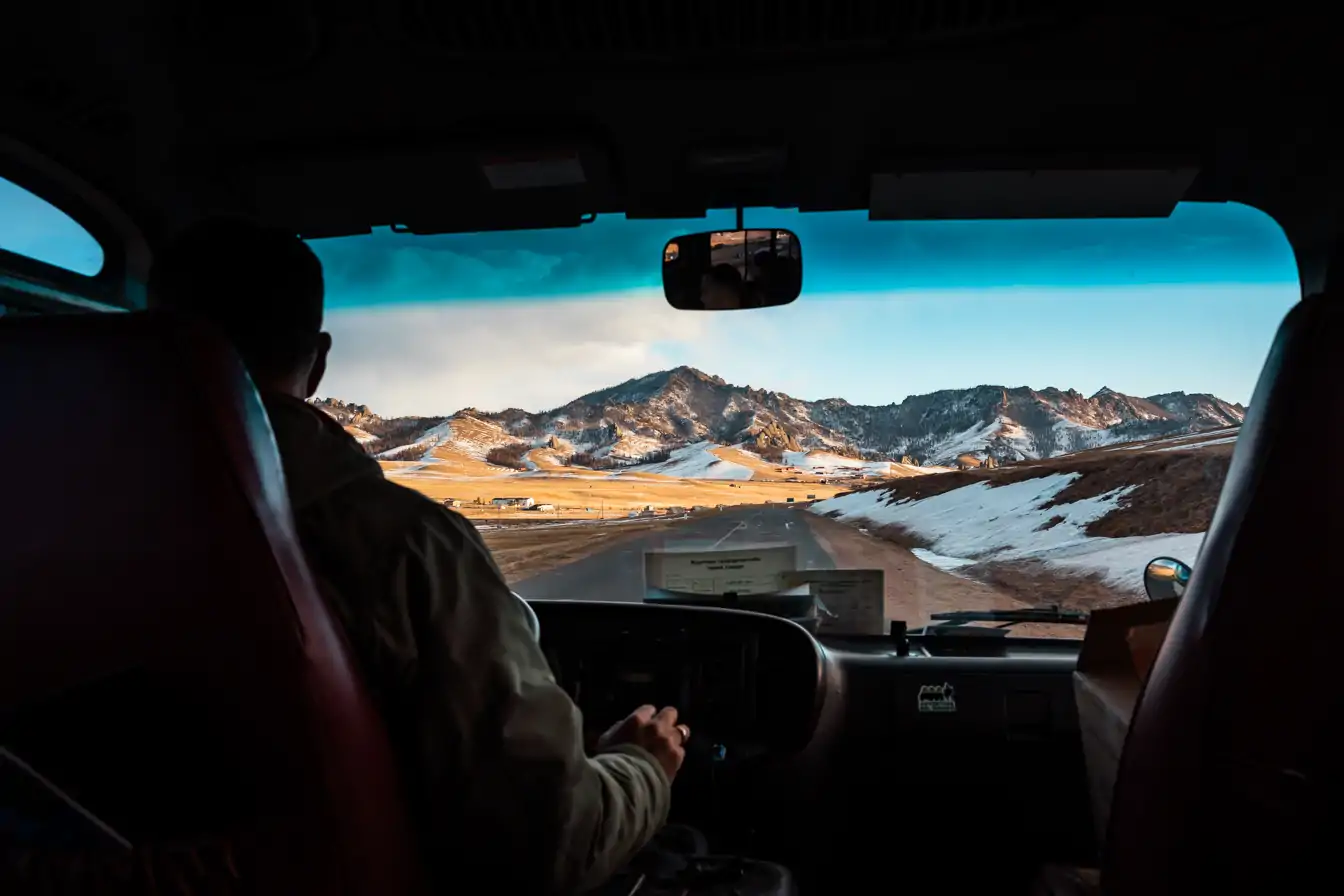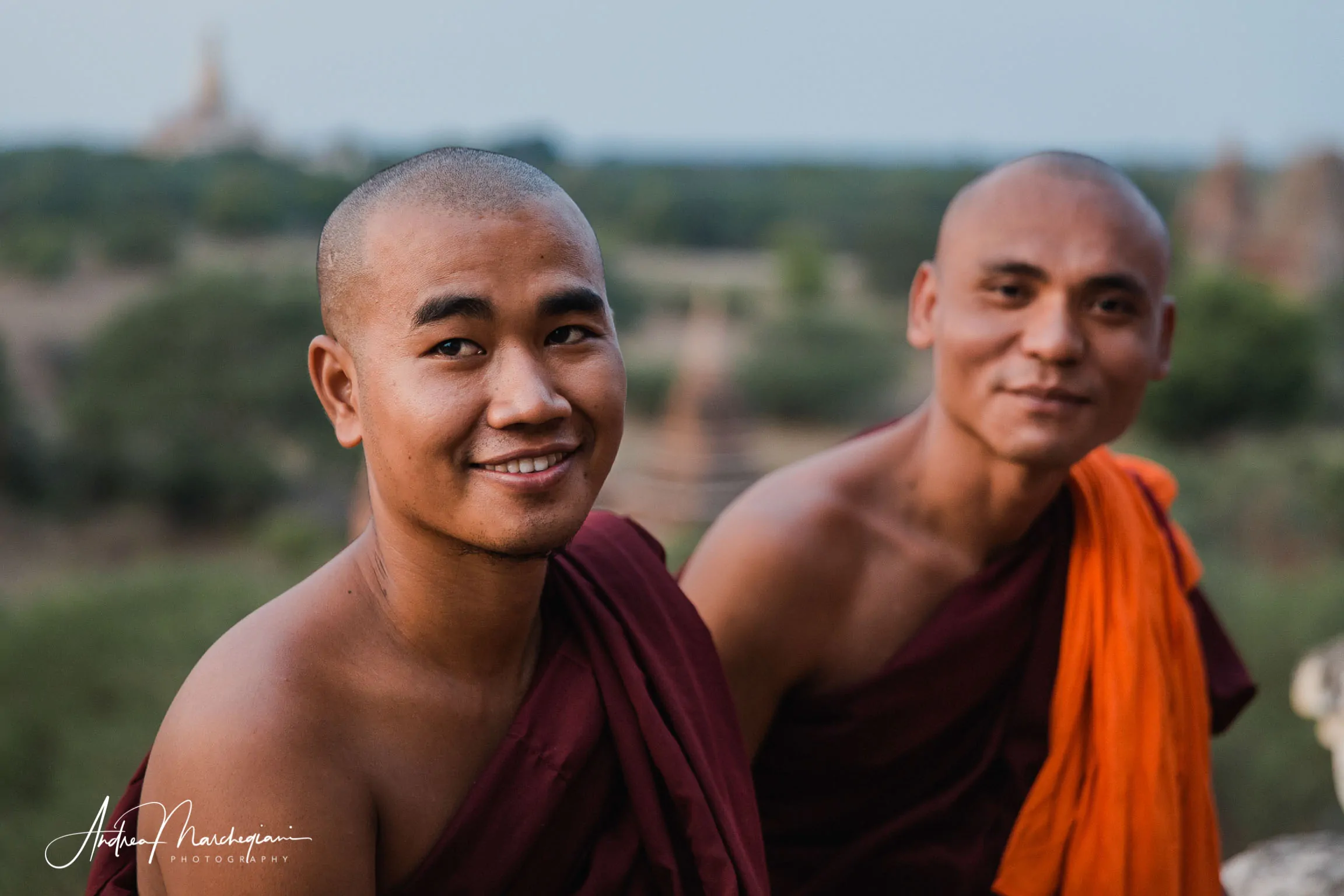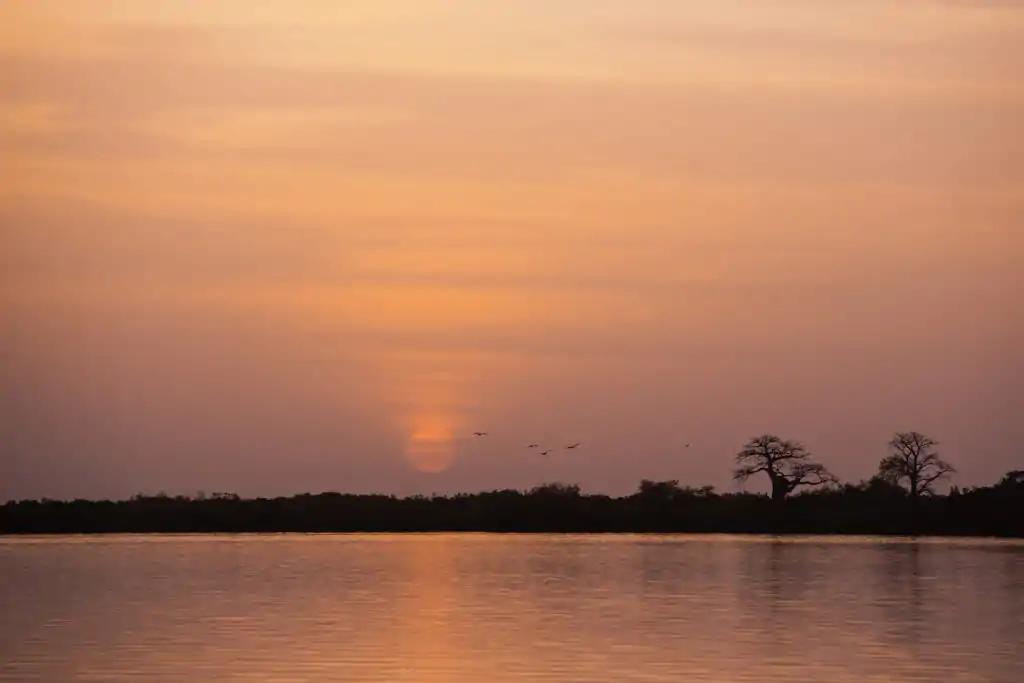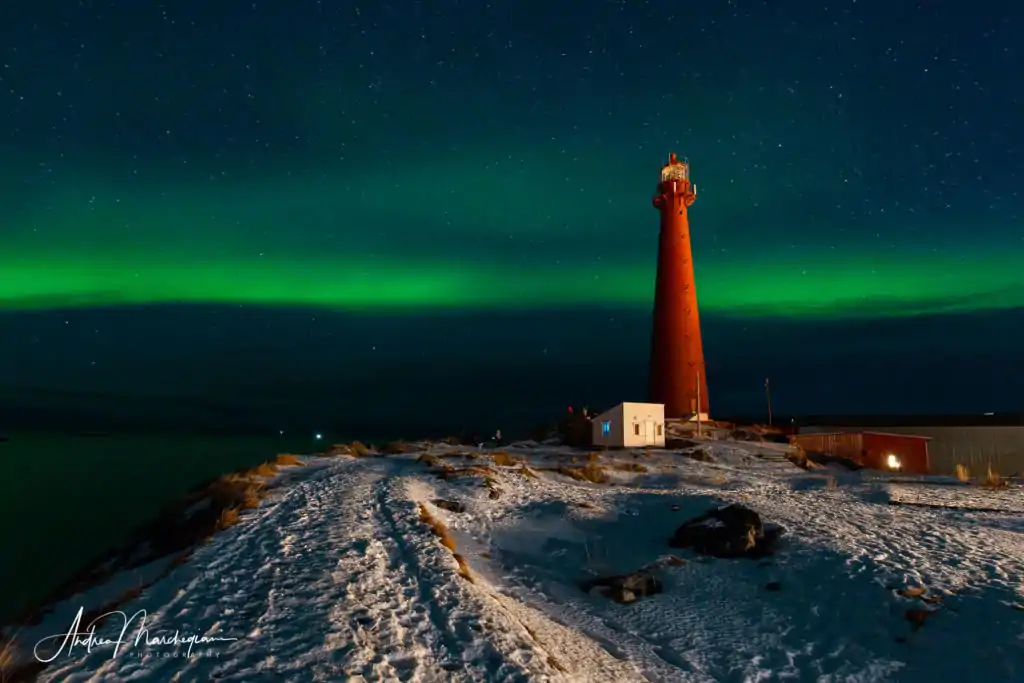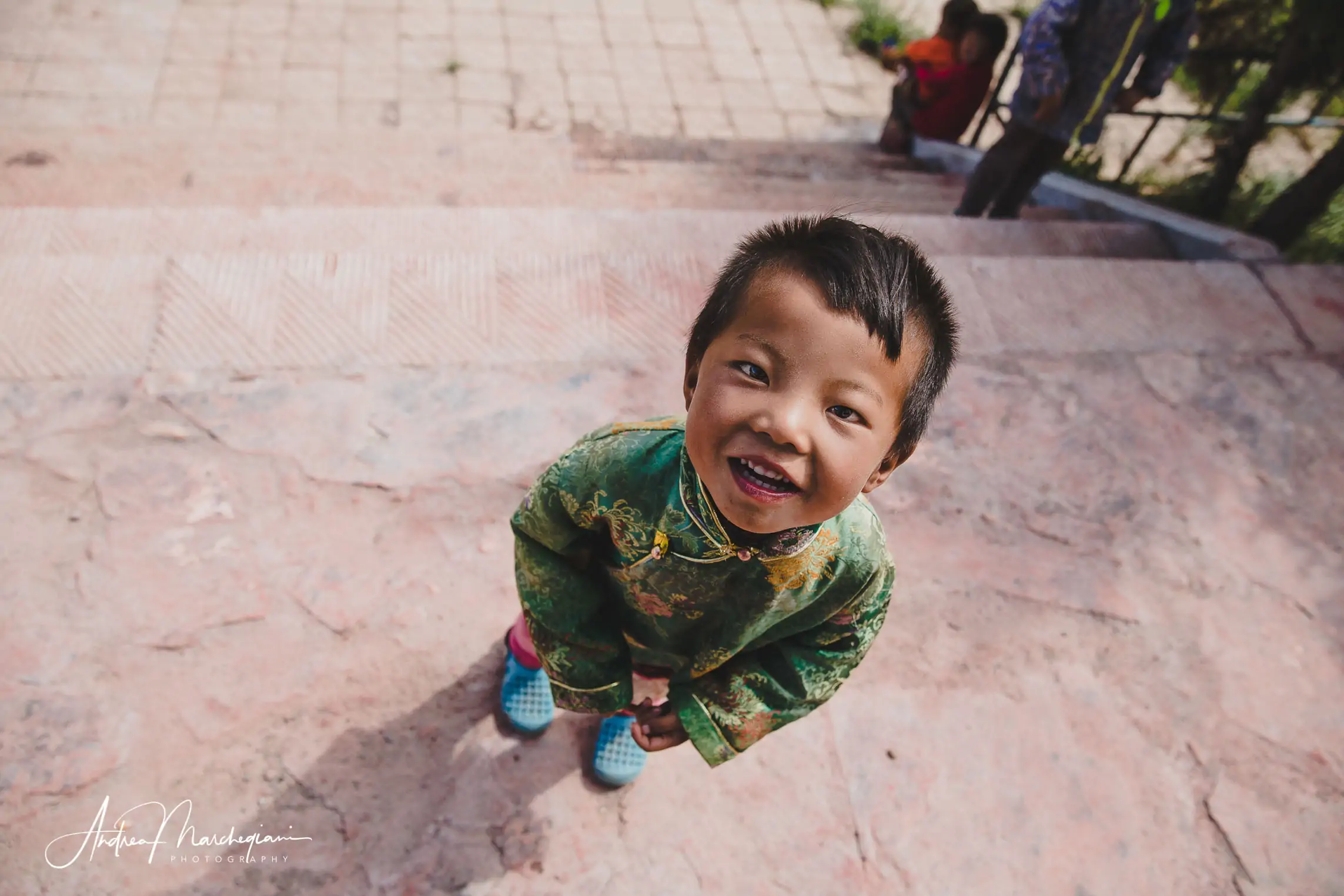
- Home
- Photo Galleries
- Portrait Photography
- Landscape Photography
- Street Photography
- China
- Ethiopia
- India
- Holy Ganges
- Varanasi
- Varanasi Ganga Aarti
- Varanasi, Manikarnika Ghat
- Varanasi Streets & Alleys
- Varanasi Demolition
- Varanasi Fruit Market
- Sarnath
- Brick Kilns
- Tamil Nadu, Chennai & Mamallapuram
- Tamil Nadu, Fort Tirumayam & Madurai
- Tamil Nadu, Tiruvannamalai & Thanjavur
- Kerala, Munnar
- Kerala, Peryiar
- Kerala, Backwaters
- Kerala, Kochi
- Kazakhstan
- Myanmar
- Senegal
- Uzbekistan
- Travel Blog
- China
- Ethiopia
- India
- Tamil Nadu & Kerala
- Varanasi
- Whato to do in Varanasi
- Varanasi Life along the Ghats
- Varanasi Death along the Ghats
- Varanasi Ganga Aarti Ceremony
- Varanasi demolished to honor Shiva
- Varanasi Fruit Market
- “Varanasi, A Journey into the Infinite”
- Sarnath
- All about River Ganges
- Holy Shit. All about Indian Cow Dung
- Clean India Project
- Brick factories
- Tilaka, pundra, bindi: what is the mark on Indian foreheads?
- Kazakhstan
- Mongolia
- Ulaanbaatar, the coldest capital in the world
- What to do in Ulaanbaatar
- Chinggis Khan Museum, 6 floors of Mongolian history
- Gorkhi-Terelj National Park and Bodgkhan Natural Reserve
- Altai Mountains, Things to do in Olgii and Sagsai
- Living with the Eagle Hunters
- Sagsai Eagle Festival
- Navrus Festival
- Xöömej, Mongolian throat singing
- Mongolian Food
- Myanmar
- Senegal
- Uzbekistan
- Latest Posts
- Photography Blog
- About
- Prints
Chengdu Research Base of Giant Panda Breeding is a conservation center where visitors can observe giant pandas in their natural habitat. If you visit it in August the crowd will overwhelm you. It’s not too bad, though, as you will be able to watch Chinese people showing their true colors.
Share with your friends:
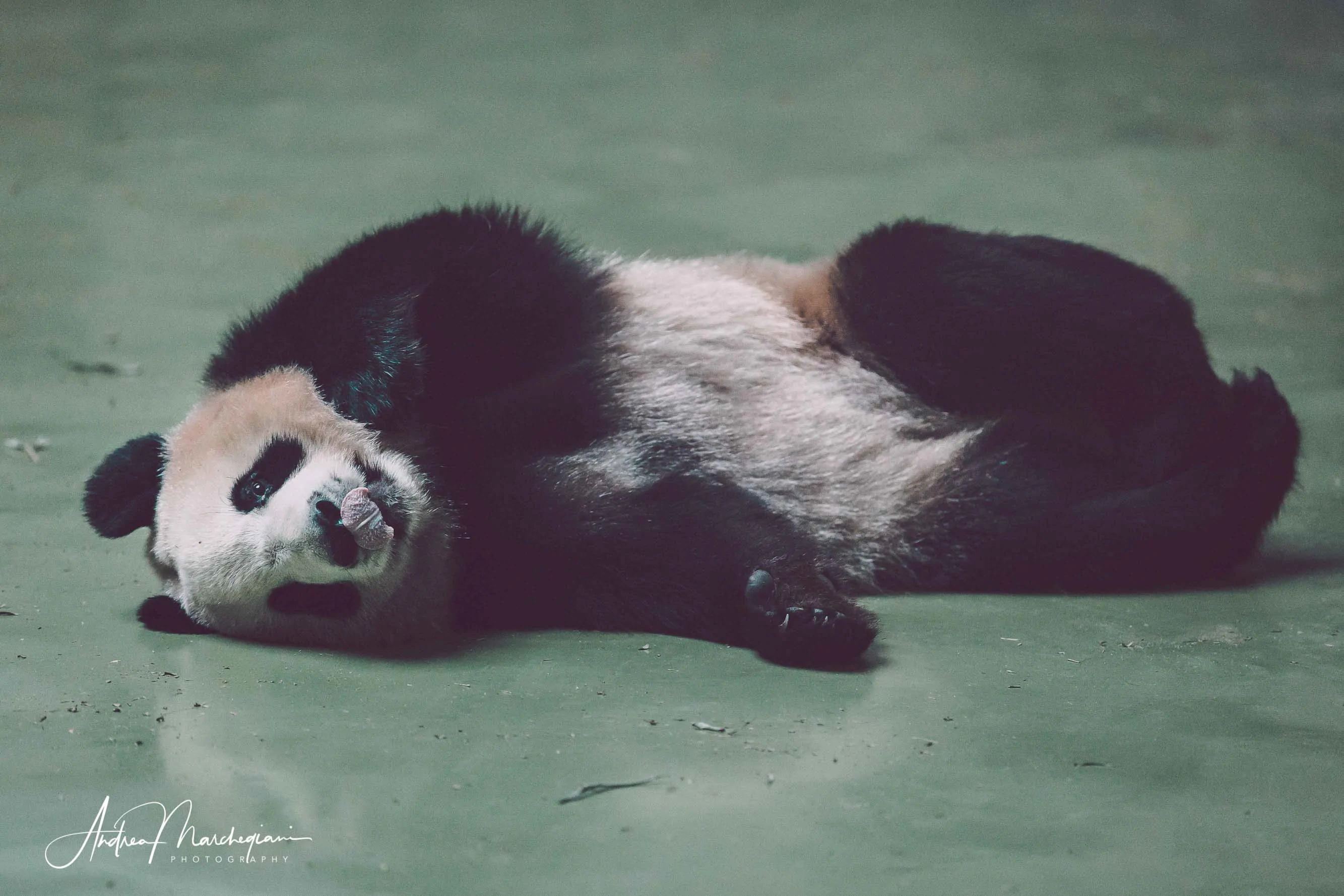
Chengdu Research Base of Giant Panda Breeding
We leave Dazu and its striking rock carvings and we move further west, towards the Tibetan provinces. We stop in Chengdu, a town in the province of Sichuan, known for its large reserve of giant pandas. “You can wander around the park and you can often see the pandas living in the reserve,” says my traveling companion Maria, on her fifth stay in China.
I listen pretending to be careless but I already imagine myself hugging the fluffy hairy chest of a giant panda.
Trouble with Chinese cab drivers
We arrive in Chengdu at night and we look for a taxi to take us to the hotel. We are a group of 5 travelers and the past few days taught us one thing: if we want a taxi driver to stop by, we must divide into two groups and distance ourselves along the roadside as if we did not know each other. If they see us together, taxi drivers are not going to stop.
In fact, 4 is the maximum number of people they can get in the taxi: they do not speak a word of English and do not want to waste any time trying to figure out what we are trying to tell. So, they just pass by. We finally manage to take a cab and reach our hotel. My driver stops me in front of it. A few meters away, I see Maria getting off the other cab.
“He scratched my arm!!” she exclaims.
“What???”
“He gave me a very high price for the journey, I tried to negotiate and when I handed him the money he scratched my arm with his nails!”
Reminder: Never negotiate the price with Chinese taxi drivers. You risk getting wildly scratched.
We enter the hotel: there are pictures of pandas hanging everywhere in the lobby. It seems like Chengdu keeps pandas alive, protecting them from extinction, to keep itself alive. Tourists from all over China come here hoping they can see pandas, get close to them and maybe rub their chubby cheeks.
We put down our bags and look for a restaurant to eat something.
What to eat in Chengdu? Noodles soup with meat!
We enter a dive along the way: all restaurants here look like taverns, which does not imply at all you are going to eat badly. Ordering from the menu turns out to be tiring and difficult. Or maybe it’s us who are difficult?
“A beer please, but only cold. If it is not cold, no beer but water. But cold water. Is the water cold?”
“Are Noodles with pork spicy? No spicy for me! I mean, only a little spicy but not too spicy. Can you cook medium spicy?”.
The owner of the restaurant nods and smiles without understanding anything. Finally, a young customer who is eating at the table next to us comes to the rescue. She speaks good English and helps us to complete the order. God bless her. A few minutes later, we get our beers. They’re obviously hot. Cold beer is over. I feel it is already a good result to have it on the table and I try to convince everyone that hot beer is even better than fresh beer.
Chengdu is famous for noodle soup with meat so I would like to try one. I have to say I don’t like it much. The broth has no particular flavor. Maybe we didn’t have to mess up the recipe by asking to get rid of the spices. At the next table, a guy in his 20s spills a whole bottle of soy sauce in his bowl of soup. I swear. I thought I was addicted to soy sauce but I realize I’m just a beginner..
An impromptu Chinese lesson
Out of the corner of my eye, I keep peeking at the English-speaking girl. I try to figure out what she’s eating, what she’s drinking, who she’s talking to. She’s at the table with a Kaukasic guy. They notice me staring at them and invite me to sit at their table.
Happy to have found a Chinese who speaks English, I join them and we chat a bit. In the end, I take courage and ask her to give me a Chinese lesson on my favorite dishes.
She agrees amused and the result is this. Chin-glish!
CHINESE LESSONS. READING THE MENU.
PS: I spend the night on the toilet bowl. Goddamn dive! I’m almost dead in the morning, but the visit to the pandas will lift my spirits, I’m sure.
My visit to Chengdu Panda Reserve
The Chengdu Research Base of Giant Panda Breeding is a conservation center where visitors can observe giant pandas in their natural habitat.
Born in 1987, the center initially welcomed 6 wild pandas found in precarious living conditions. Thanks to the care they received, these 6 pandas reproduced and, in 2008, the park reached the surprising number of 83 specimens.
Visitors can visit the center all year round, but the peak of tourist season comes in August. And so do I. We arrive by taxi early in the morning and there is already a long queue. The heat is intense. We understand immediately that it makes no sense to respect the order of arrival. People push each other and overtake each other all the time. It’s a human blob caothically rushing to the ticket office. We bring out our Mediterranean spirit and get inside the park in ten minutes.
We begin to wander the wide and very long avenues. There are also shuttle services to cross the reserve faster but the wait is about 40 minutes. After an hour of walking without any sighting, we start to get impatient. Around us, thousands of other desperate people wonder what happened to pandas.
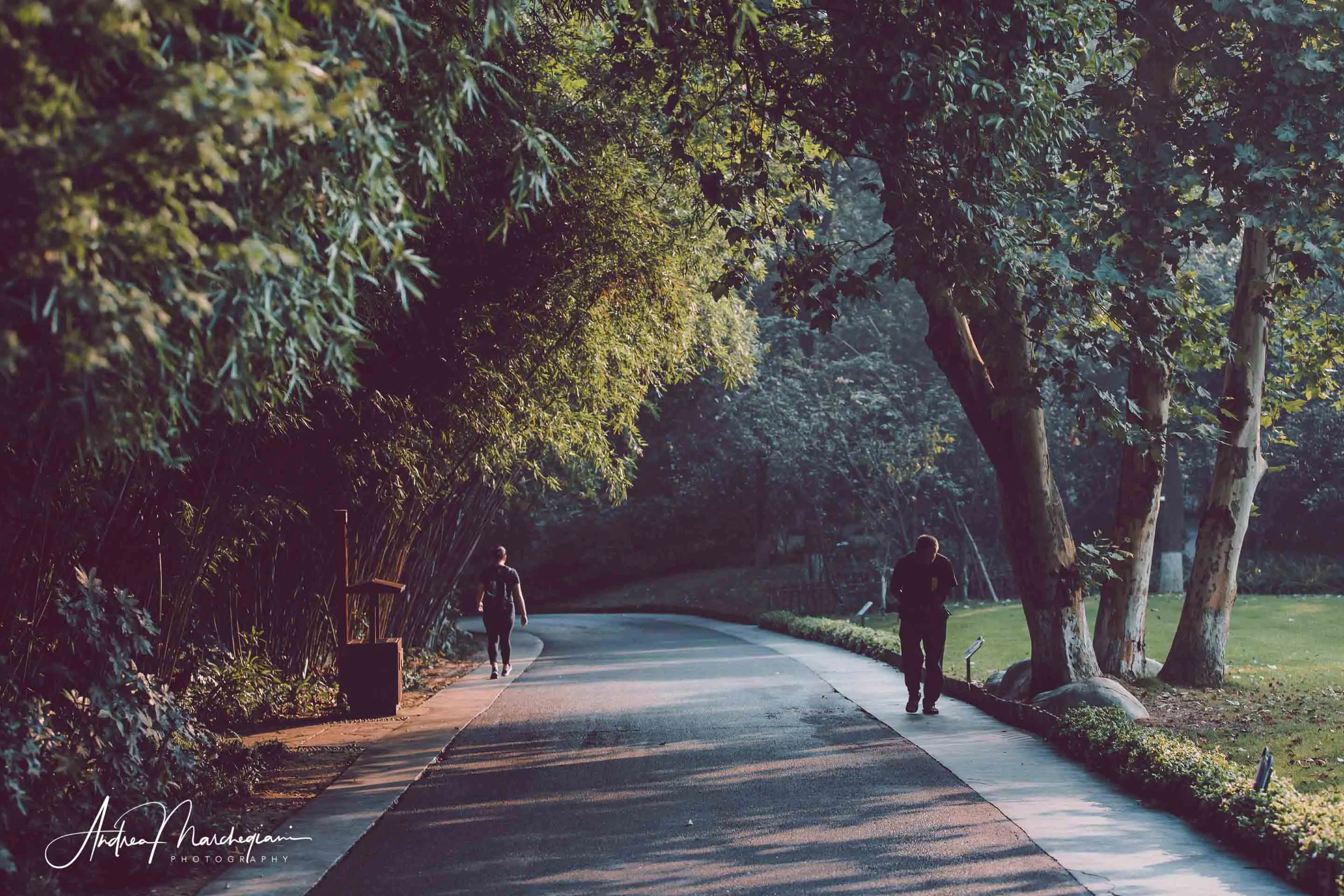
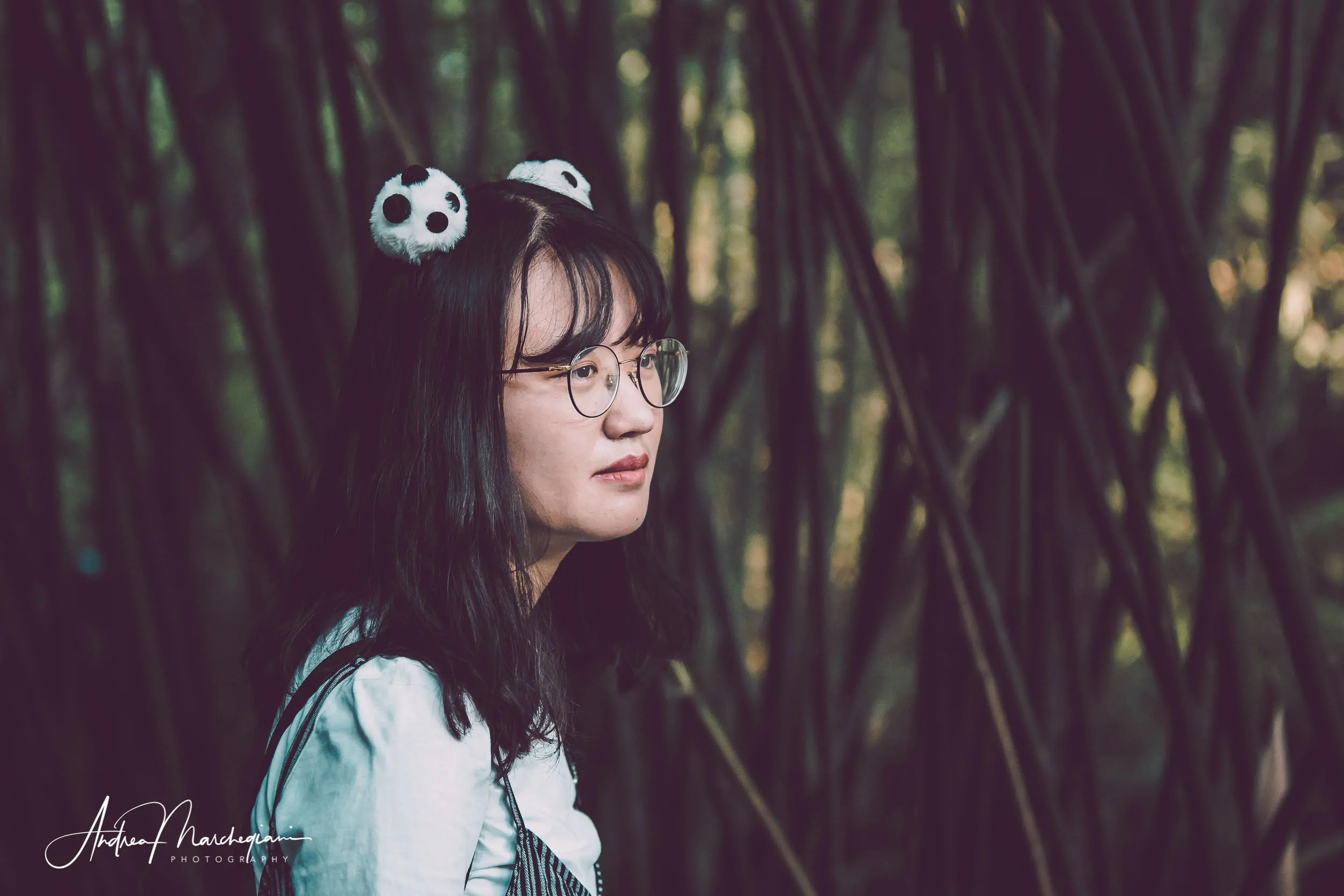
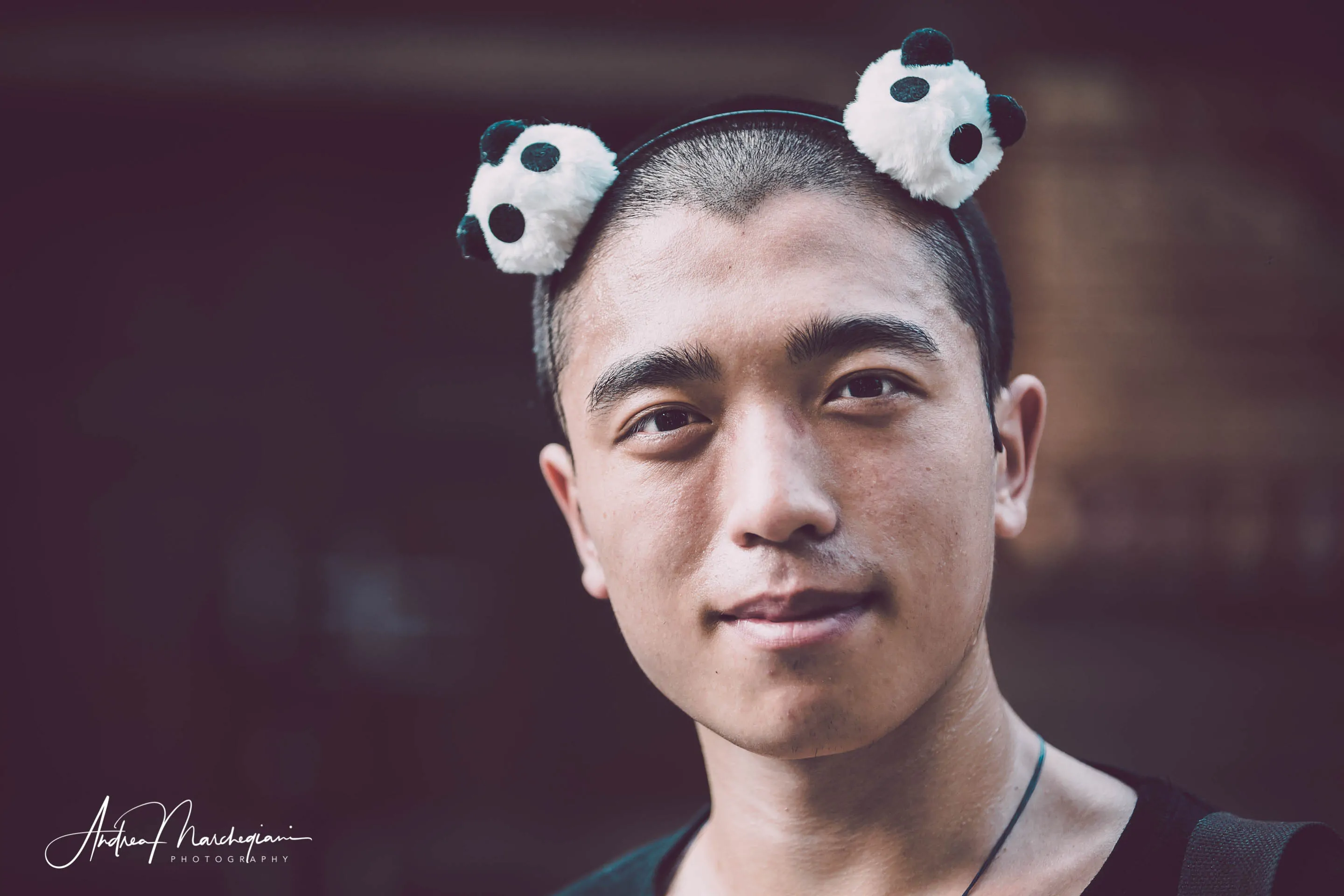
In summer pandas are kept inside... it's cooler!
“Excuse me, have you seen any pandas?” asks a boy coming from the opposite direction. “No. But you have two hidden pandas in your ears!” I answer jokingly.
“It’s too hot today”, he replies. “They must all be inside their cages”.
That is indeed the case. There are also signs warning visitors: because of the record heat that struck the city, pandas have been gathered in airconditioned spaces. In the rush to hug a panda, we hadn’t read the signs!
Pandas are eating, playing and resting in large rooms kept cool by powerful air conditioners and visitors can stop and see them through large windows. The glasses are foggy and dripping, full of fingerprints. People crowd against the glass, in a desperate attempt to get as close as possible to these docile and cuddly creatures. I find extremely interesting what is happening in both sides of the window. On one side, two juvenile pandas play with each other, regardless of being spied on. On the other side, dozens of specimens of human beings, hungry for tenderness, seek it with their eyes in a place so close yet so inaccessible.
